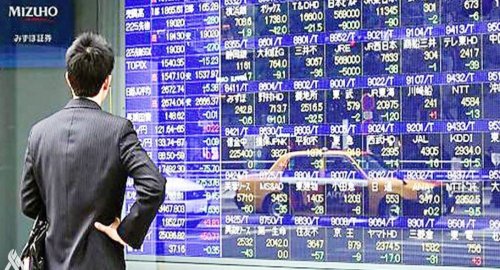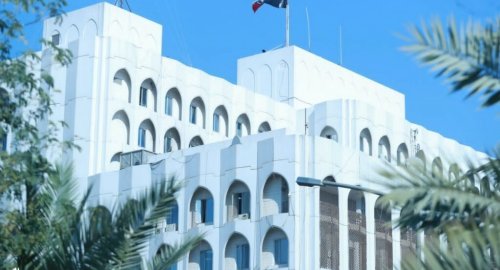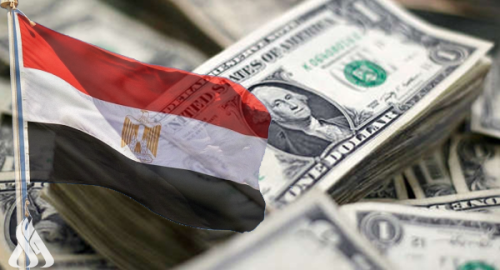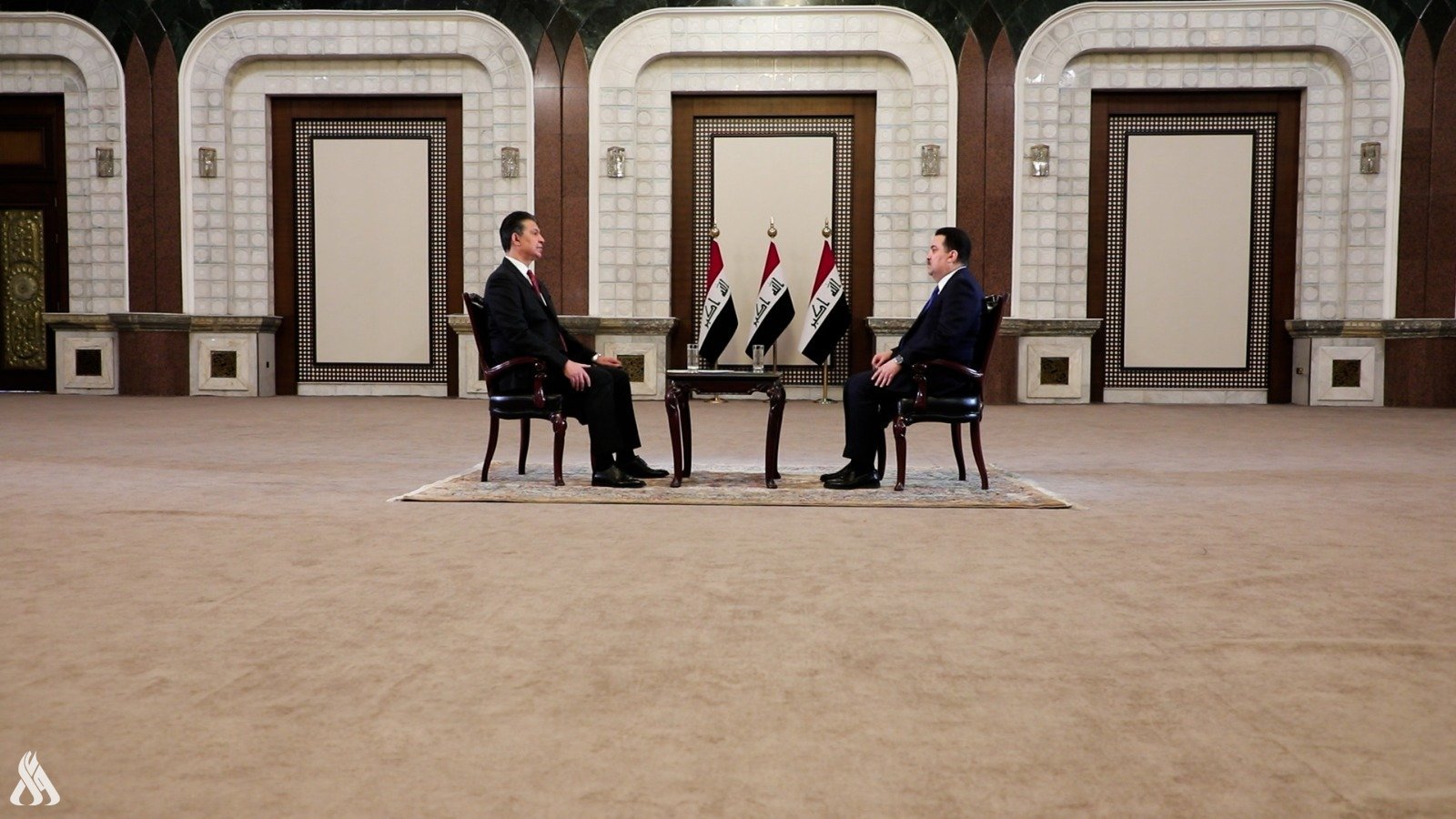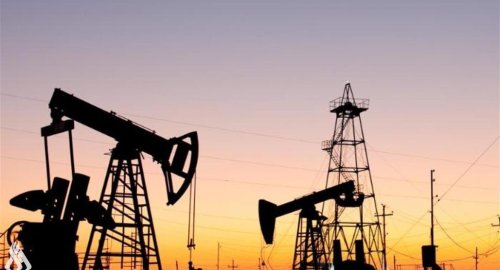
Oil prices soar as tensions mount in the Middle East

- 3-10-2024, 11:57
INA- sources
Oil prices surged yesterday as Iran’s missile attack on Israel stoked fears of all-out conflict in the Middle East.
With the world braced for the Zionist entity and its allies to retaliate against Tehran, Brent crude climbed another 2 per cent to as high as $76.14 a barrel.
That took gains since oil was trading below $70 before Tuesday’s attack to almost 9 per cent, sparking fresh concern about the outlook for inflation.
Analysts warned oil could now top $80. Fawad Razaqzada at City Index said: ‘Crude oil could rise $5 in the next few days if we see further escalation.’
The rally came as a Bank of England report showed banks and other financial firms are increasingly worried about global political events – representing the biggest perceived risk to stability.
The Bank also warned that markets ‘remain susceptible to a sharp correction’ after the sell-off over the summer.
Meanwhile, oil and defence stocks made further gains as a result of the latest events in the Middle East, with Shell, BP and BAE Systems up strongly.
Fears of weakening demand from China and signs that supply remains more than adequate had pushed oil to below $70 a barrel before the escalation in tensions, down from nearly $90 in July.
That helped petrol prices for UK motorists drop to a three-year low, and pulled inflation down. But the fear that a regional war could engulf Iran and other oil-producing countries risks halting that trend.
Analysts said that much will hinge on how Israel responds. ‘The main message from geopolitics is inflation hasn’t gone away,’ said Trevor Greetham, head of multi asset at Royal London Asset Management.
David Oxley, chief climate and commodities economist at Capital Economics, said: ‘Until the geopolitical situation in the Middle East de-escalates, oil prices will clearly remain at risk of spiking higher.’
But over the coming year, the backdrop of ‘faltering demand and greater supply in the wider market’ meant that the risks were ‘arguably skewed to the downside’.
Global stock markets came under pressure yesterday as safe havens, such as gold and government bonds, made gains.
The German Dax index slid but the FTSE 100 ended 0.2 per cent higher and New York stock markets were little changed.
It came as the Bank of England’s financial policy committee, which looks out for threats to the financial system, noted the risks of a market meltdown at a time when global stock prices are at record levels. The report said that ‘stretched valuations’ were not pricing in risks to global growth.
‘Markets, therefore, remained susceptible to a sharp correction, with investors sensitive to development in what remained a challenging global risk environment,’ it said.
And it noted the possibility that the sharp global sell-off in August, when investors got the jitters over US jobs data and tepid tech results, could have gone further.
Other risks could come from America’s bond market, where investors are anxious about soaring debt levels with a presidential election next month.
Hedge funds have taken a record $1trillion (£750billion) in short positions on US Treasury futures – a gigantic bet against US government bonds.
Asset management firms stand on the other side, building ‘long’ positions in the asset.
Winding down these positions could ‘amplify the transmission of future stress’, the Bank said.
A survey of financial firms by the Bank showed the proportion of those worried about ‘geopolitical risk’ was high. Some 93pc said it was the biggest source of risk to the UK financial system.
Egypt announces payment of $38.7 billion of its debts
- International
- 09:58
Syria: Imposing a curfew in the city of Homs
- International
- 07:45
US Central Command: We killed ISIS terrorist leader Abu Yusuf in Syria
- International
- 24/12/20
Liverpool compete with Real Madrid to sign Olympique Lyonnais star
- Security
- 24/12/19
7 ISIS elements arrested in Kirkuk
- Security
- 24/12/20

